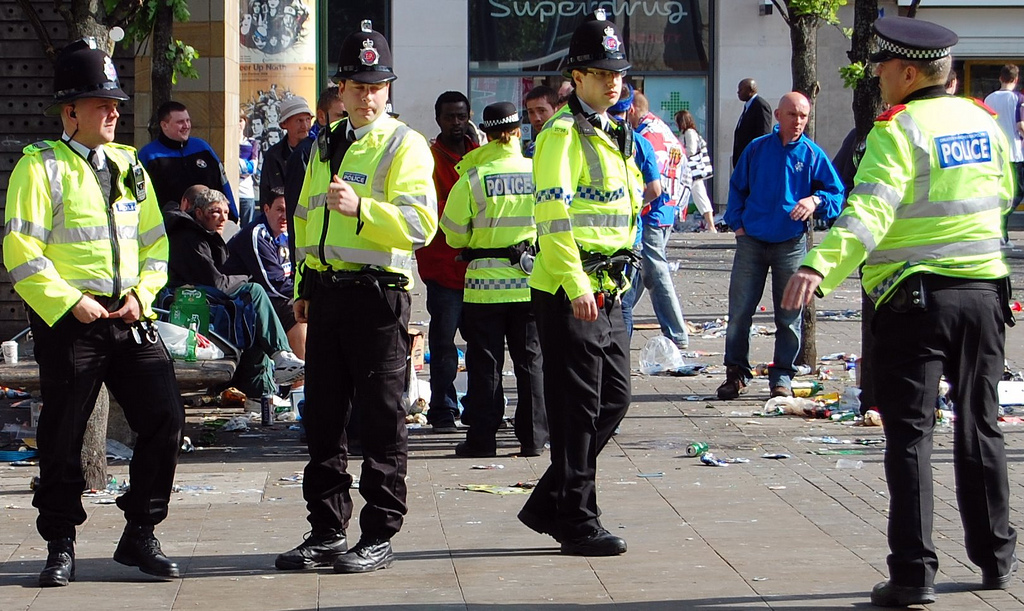UK police prepares for Hard Brexit; urge people to be temperate

- Country:
- United Kingdom
British police have tested plans in recent months to have 10,000 officers respond within 24 hours to any disorder or increase in hate crime if Britain leaves the European Union with no deal. In a statement, they also urged restraint in a political and public debate that has often been angry:
"There's a responsibility on us all to think carefully and be temperate in how we communicate so we don't inflame tensions," said Martin Hewitt, head of the National Police Chiefs' Council. Chief Constable Charlie Hall added: "National and global events have the potential to trigger short-term rises in hate crime and we saw this with the significant spike following the EU Referendum in 2016."
Three years after Britons voted to quit the EU in a referendum, and with only a week left before a new, delayed exit date, government and parliament are still bitterly divided over how, when or even whether to leave. An exit on April 12 without any transition deal to cushion the shock to trade, business or consumers remains a real possibility.
At the same time, there have been warnings from a number of Brexit supporters that failing to get Britain out of the EU could lead to civil unrest. Many lawmakers have received threats from extremists or are under police protection. "At the moment, we have no intelligence to suggest there will be rises in crime or disorder," said Hall, "but we are well prepared to respond to any issues that may arise."
Part of that is a national mobilisation plan that enables 10,000 officers to respond to emergencies within 24 hours. Hall said the level of hate crime had abated since 2016, but was still higher than before the referendum. (Writing by Elisabeth O'Leary; Editing by Kevin Liffey)
(With inputs from agencies.)
- READ MORE ON:
- The Officers Club
- European Union
- The Police
- British Empire
- The British Museum
- British Shorthair
- No Exit
- Emergency exit
- Exit interview
- Consumers Energy
- Consumers Credit Union
- Celtic Britons
- Arthur of the Britons
- 100 Greatest Britons
- Supporters' trust
- Supporters' groups
- Celtic F.C. supporters
- officers
- police
- Charlie Hall
ALSO READ
Winston Peters to engage with US Government and UN officials
Government to rephase NCEA Change Programme
Israeli government approves more aid access to Gaza, Times of Israel reports
Government to sell Pakistan International Airlines majority shares
Appeal to people to look beyond religion, language, caste; choose wisely and install democratic government: Cong manifesto.










